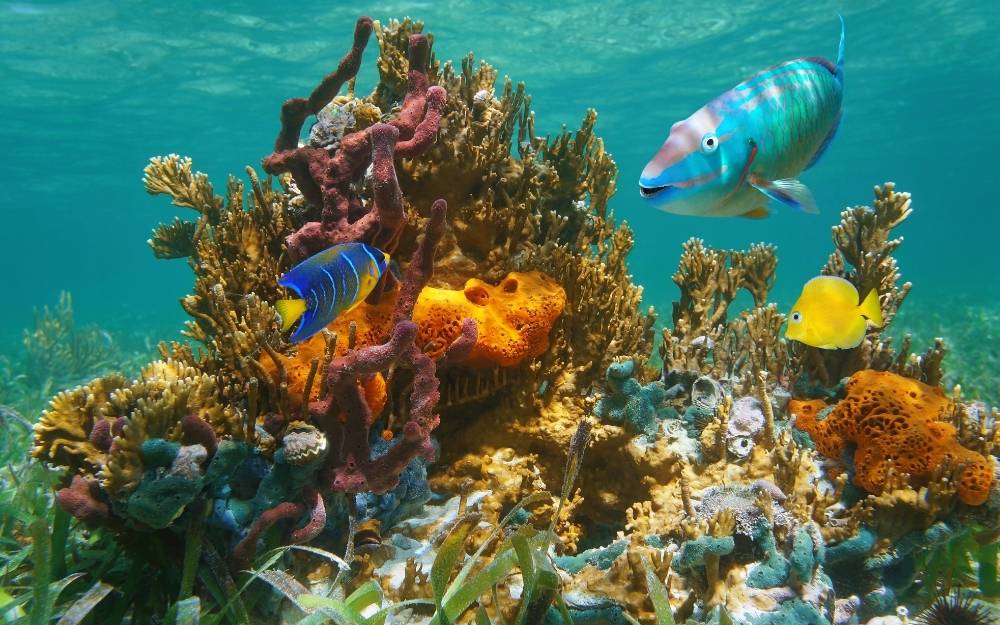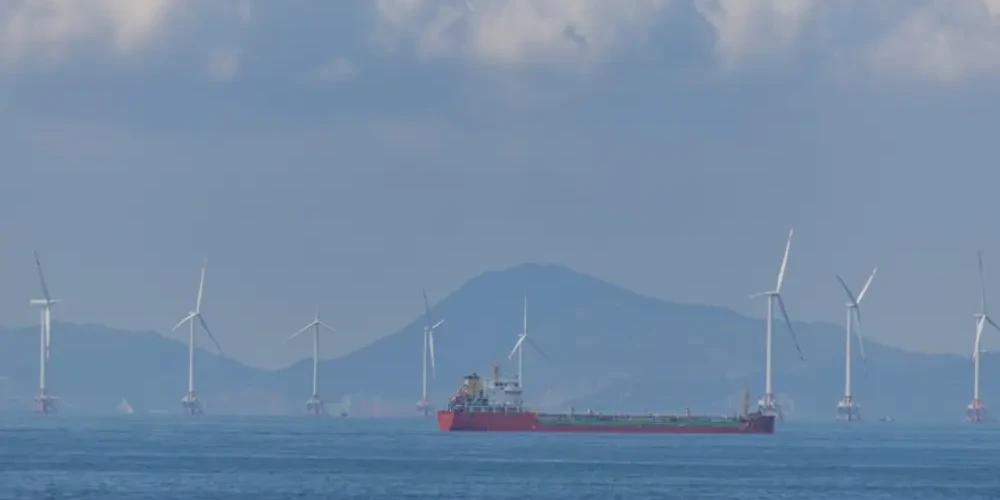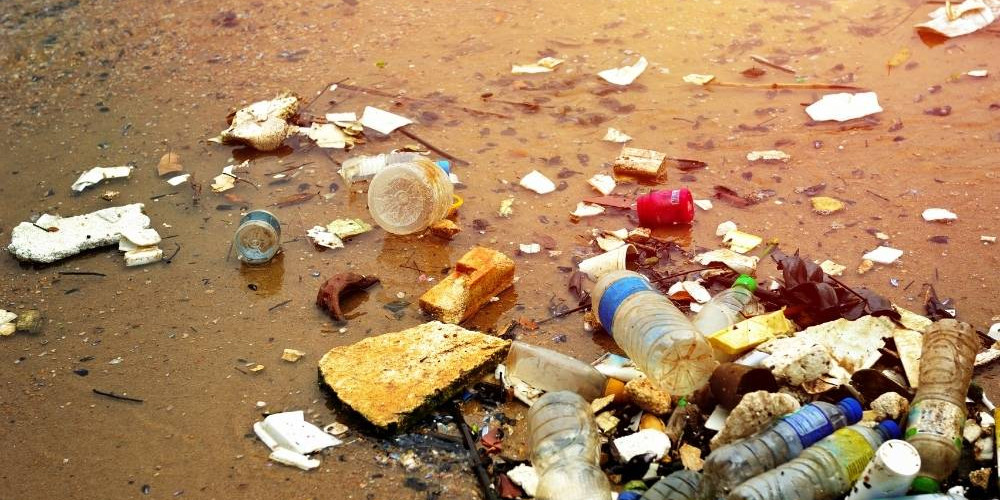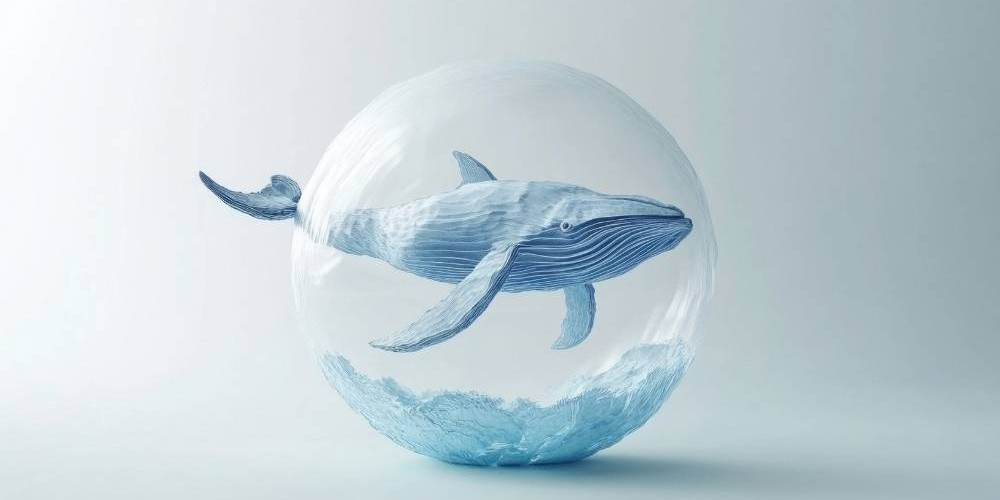The oceans are home to a vast array of species that form delicate ecosystems vital to the health of our planet. Yet, overfishing and destructive fishing practices are pushing many marine populations to the brink. Sustainable fishing is more than a catchphrase—it is a critical approach to preserving marine biodiversity, protecting food security, and ensuring that future generations can benefit from healthy oceans.
The Threat of Overfishing
For decades, industrial fishing practices have taken more fish than ecosystems can naturally replenish. Overfishing disrupts the balance of marine food webs, driving some species to collapse and reducing the resilience of entire ecosystems. Without change, the consequences will ripple far beyond the sea, threatening livelihoods, cultures, and global food supplies.
What Sustainable Fishing Means
Sustainable fishing focuses on harvesting marine life at levels that allow fish populations to recover and thrive. It also involves reducing bycatch—the unintentional capture of non-target species like dolphins, turtles, and seabirds. Using selective gear, respecting seasonal closures, and establishing marine protected areas are all key components of this strategy.

Preserving Marine Biodiversity
Marine biodiversity underpins the health of the ocean. Each species plays a role, whether it’s maintaining coral reefs, balancing predator-prey dynamics, or supporting nutrient cycles. By practicing sustainable fishing, we allow ecosystems to regenerate naturally, ensuring biodiversity flourishes and ecosystems remain resilient in the face of climate change.
Economic and Cultural Benefits
Sustainable fishing isn’t just about ecology—it’s about people, too. Millions of communities worldwide depend on fishing for income, culture, and nutrition. By managing fisheries responsibly, we protect jobs, support local economies, and preserve traditions tied to the sea. Long-term sustainability ensures that fishing can remain a viable livelihood for generations.
How Consumers Can Make a Difference
Every purchase matters. By choosing certified sustainable seafood and supporting fisheries that prioritize eco-friendly practices, consumers send a powerful message to the industry. Awareness and demand for responsibly sourced seafood encourage businesses and governments to adopt stronger sustainability standards.
Final Thoughts
Sustainable fishing is the backbone of marine biodiversity protection. It balances the needs of people and the planet, ensuring that oceans remain abundant, ecosystems remain healthy, and communities remain strong. By supporting sustainable practices, we can safeguard marine life and preserve the oceans as a source of life, culture, and prosperity for generations to come.




